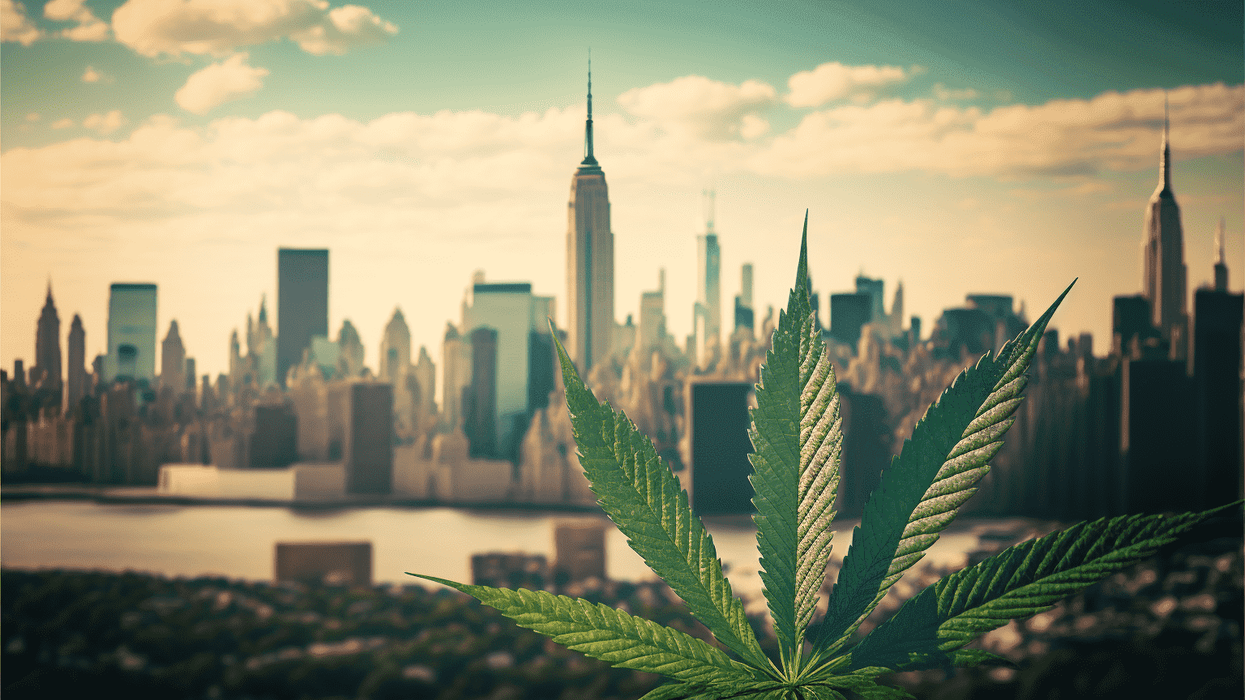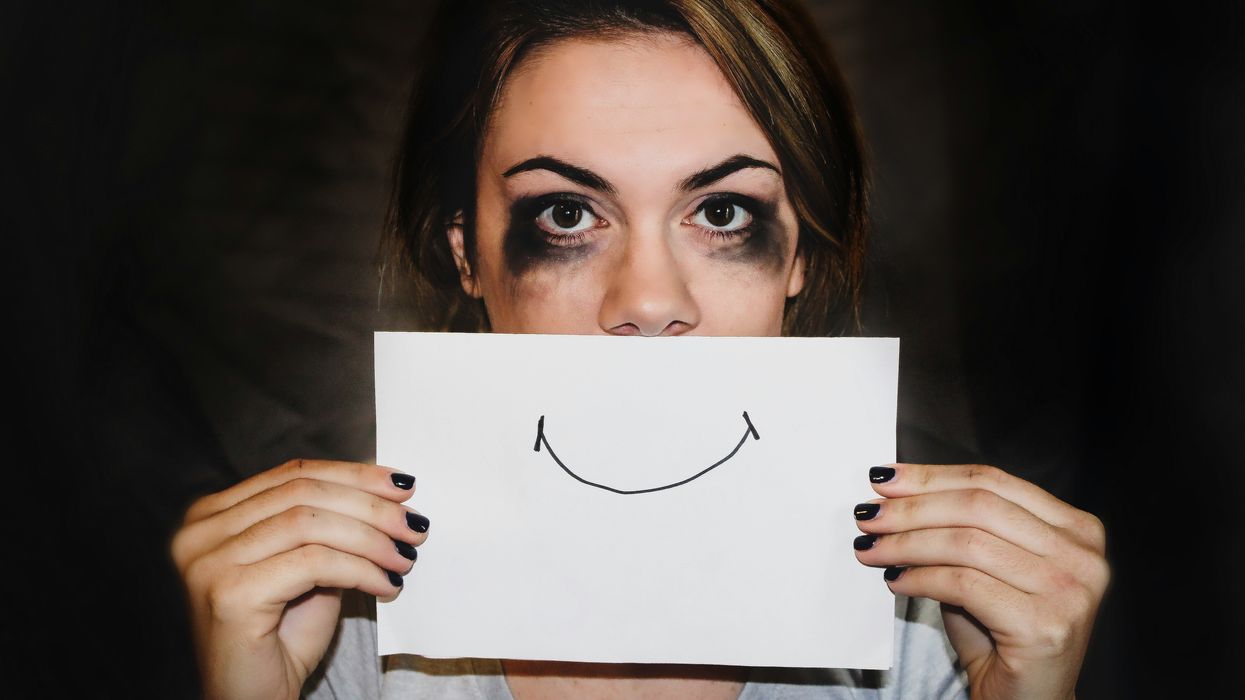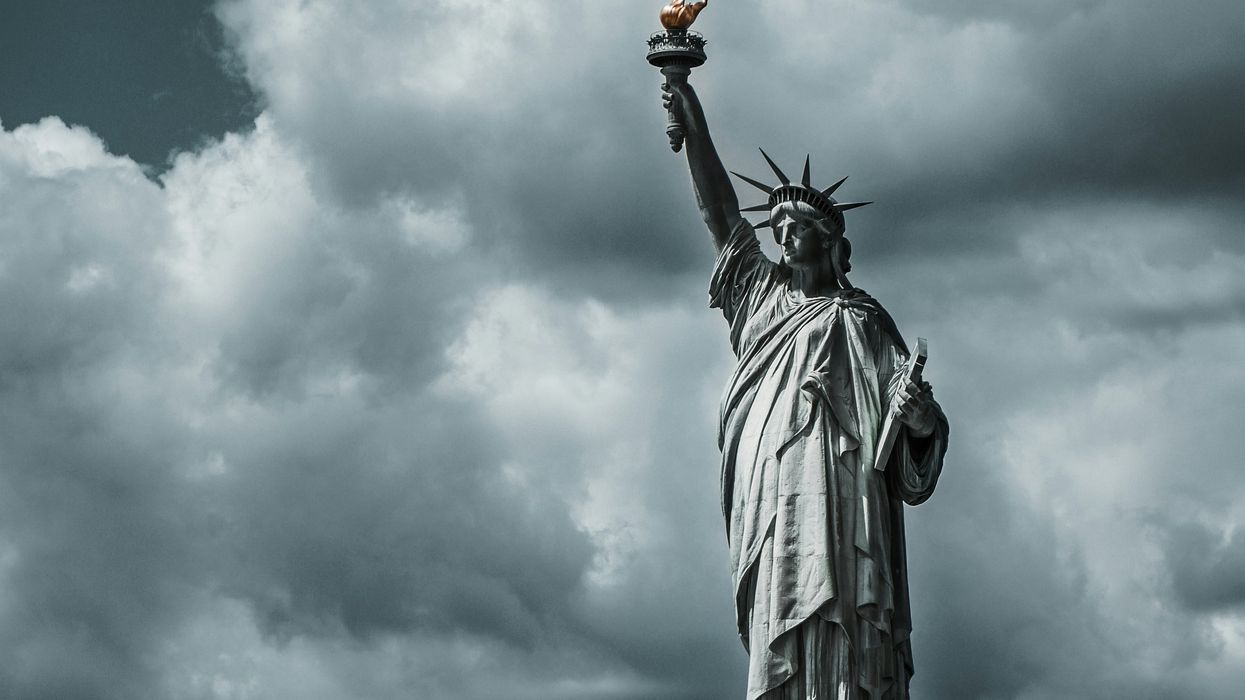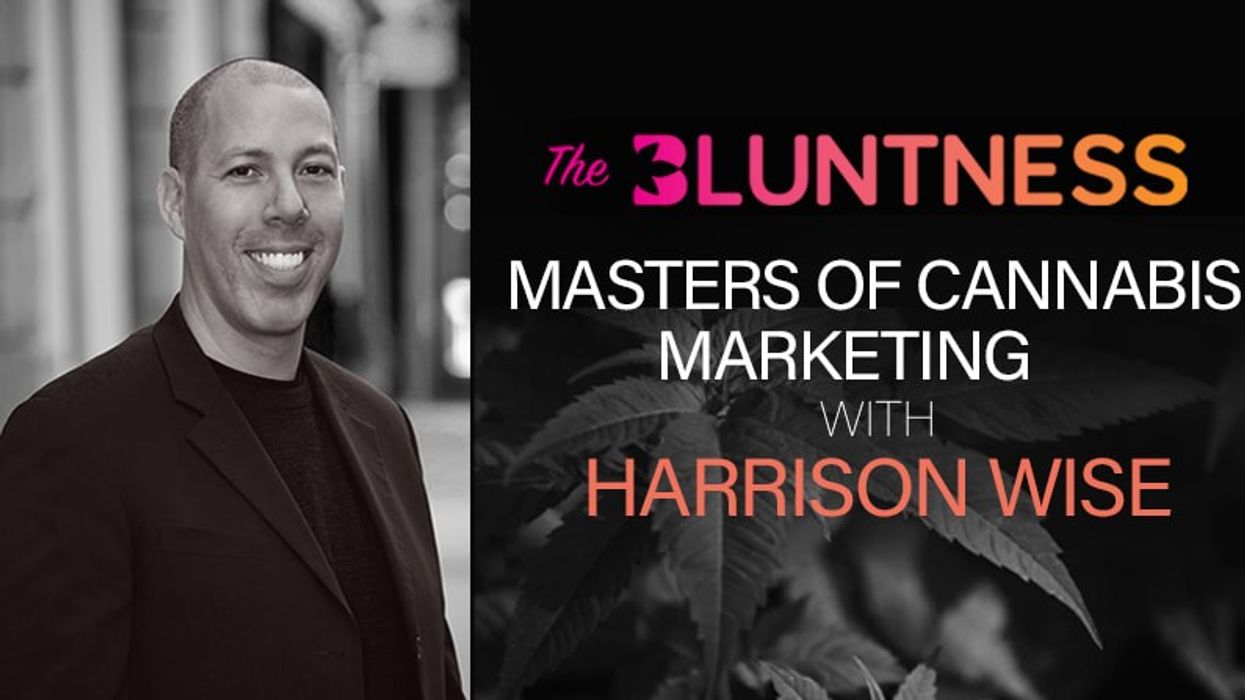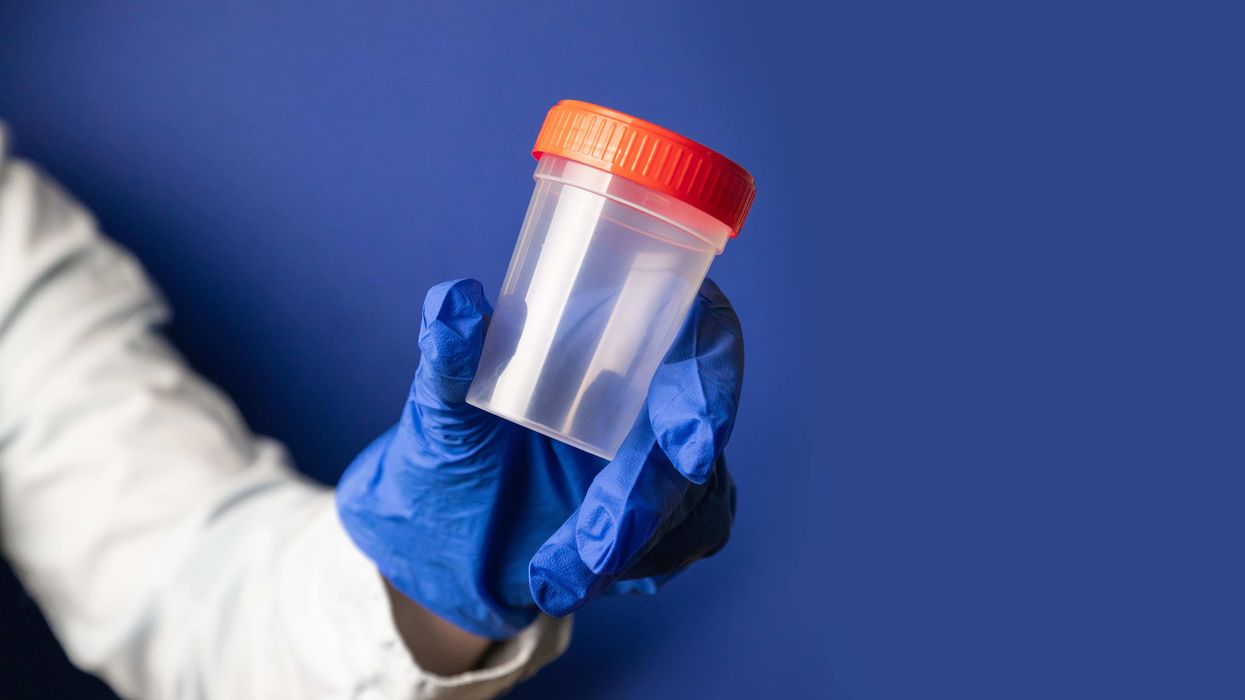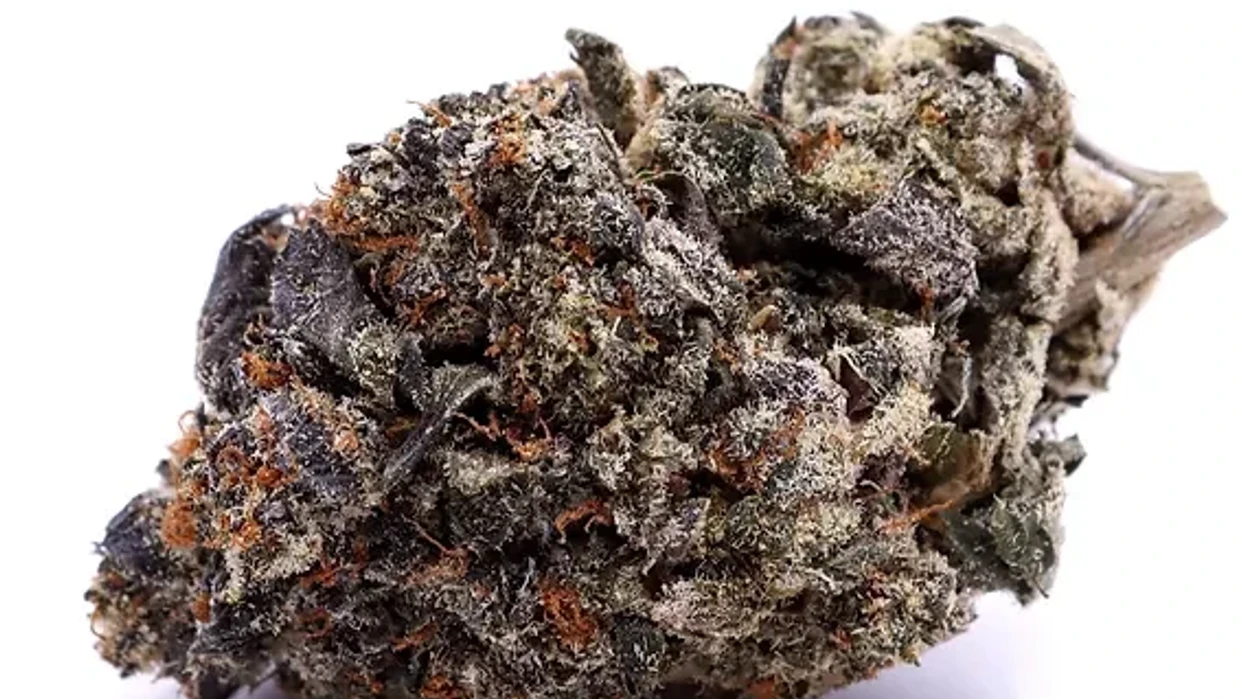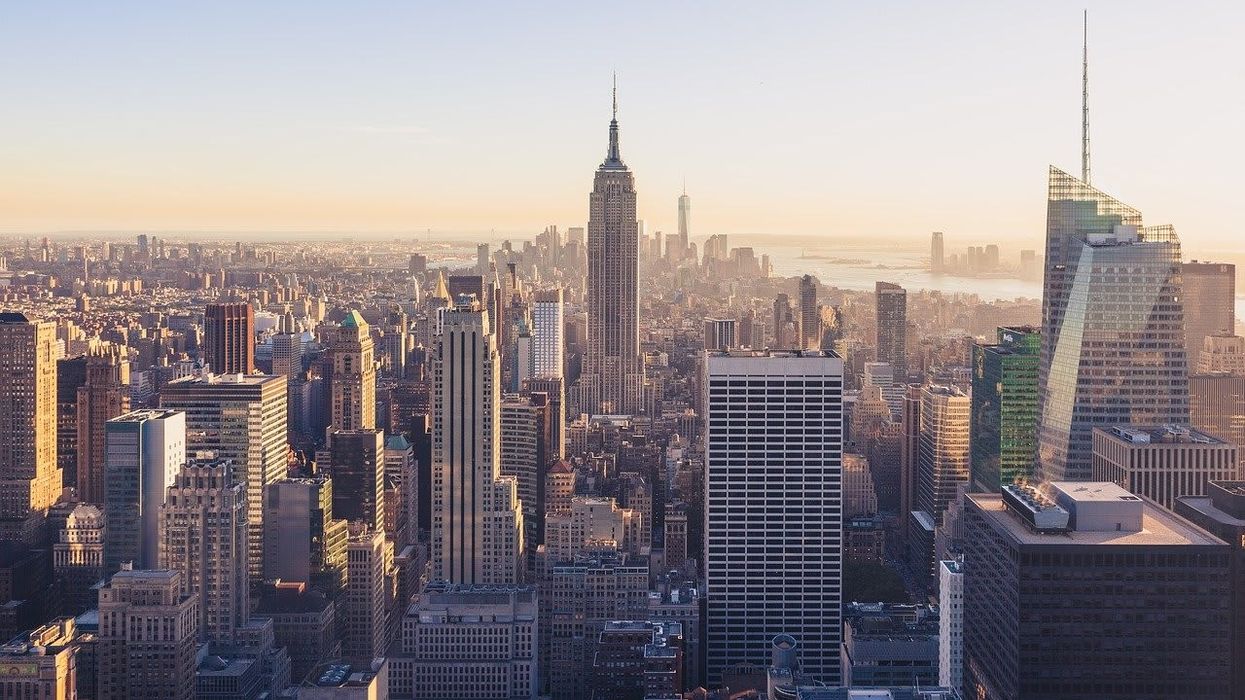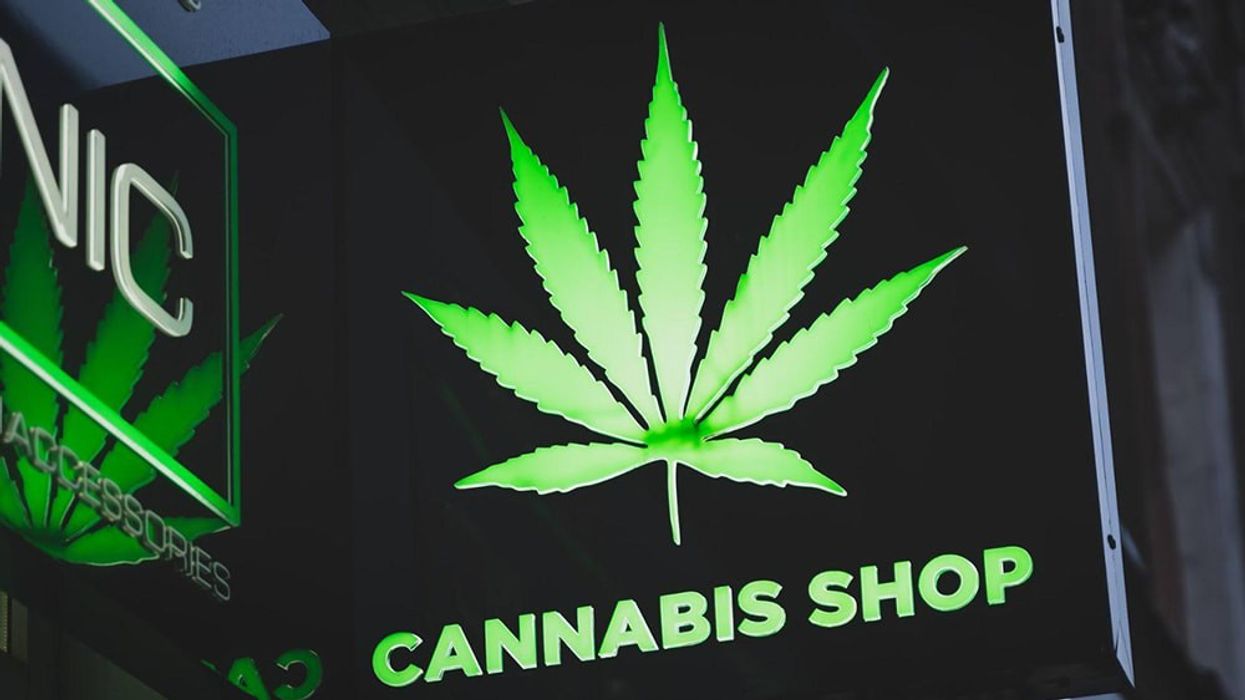All eyes have been on New York since the state legalized adult-use cannabis and promised to rollout one of the most inclusive, diverse, and social equity-conscious programs in the nation’s legal cannabis history, but the state’s recent license issuing has a lot of advocates and operators pushing back with caution.
These licenses – coined the Conditional Adult-Use Retail Dispensary (CAURD) licenses – were awarded to 28 operators and eight nonprofits, chosen based on their proximity to social equity and the impact they’ve faced from the long-term, unjust War on Drugs.
Although this sounds like New York staying true to their word on prioritizing social equity, closer scrutiny has revealed that the state seems to be promising more than they can financially deliver which begs the question: are we thinking about social equity all wrong?
New York’s social equity program already facing disappointment?
As the first state to make social equity a top priority, New York seemed to be doing everything right. However, a slightly closer examination reveals that the entire initiative is dependent on a $200 million public-private fund that is apparently $150 million short (with the other $50 million coming from state coffers).
On the front lines of this debacle is the Dormitory Authority of the State of New York (DASNY), which was directed by Gov. Kathy Hochul to oversee the public-private fund, provide CAURD license holders with storefronts and assist with banking services. But without the capital to back that up, DASNY is already reversing and amending policy decisions ahead of the CAURD retail rollout.
The key changes include CAURD licenses now being able to secure their own real estate as well as new policies that will allow for delivery without in-store visits during the first year of operation.
Unfortunately, this comes as no major surprise to any cannabis expert throughout the nation, as legal regulation programs have been notoriously disorganized and mismanaged – especially where social equity efforts are involved.
Despite the state straight up not having their shit together, license recipients will still be required to submit additional information about their financial situations and business partners before their licenses are finalized. In the meantime, the licenses will be dangled in front of their faces like carrots, by an entity with a whole lot of talk and little-to-no walk to back it up.
Is the industry thinking about social equity all wrong?
New York’s plan to prioritize social equity is noble for sure. People and communities impacted by the so-called War on Drugs (mostly People of Color) ought to benefit from a legal cannabis industry.
Most if not all other cannabis markets across the U.S. have failed in this regard, and it’s almost as if New York is attempting to overcompensate by prioritizing social equity applicants, awarding them the first wave of retail licenses, and providing them with funding and real estate.
That’s a tall order for any state to fill.
Now, as the plan seemingly falls apart, it’s a good time to question the entire concept of social equity – a largely failed concept at that.
People of Color do not want to be seen as a charity case, and forcing them to wait in line for a potential handout is an insult.
What people really want is a fair chance to participate in the cannabis industry. This means lowering the barriers to entry, and treating the space more like other industries.
If New York wants to create a paradigm for other cannabis markets to follow, maybe they ought to start there – creating an industry where any competent entrepreneur can participate without having to “pay to play” or be treated like a criminal.
Instead they have DASNY – with no cannabis experience – practically reinventing the wheel.
Need a little more Bluntness in your life? Subscribe for our newsletter to stay in the loop.
